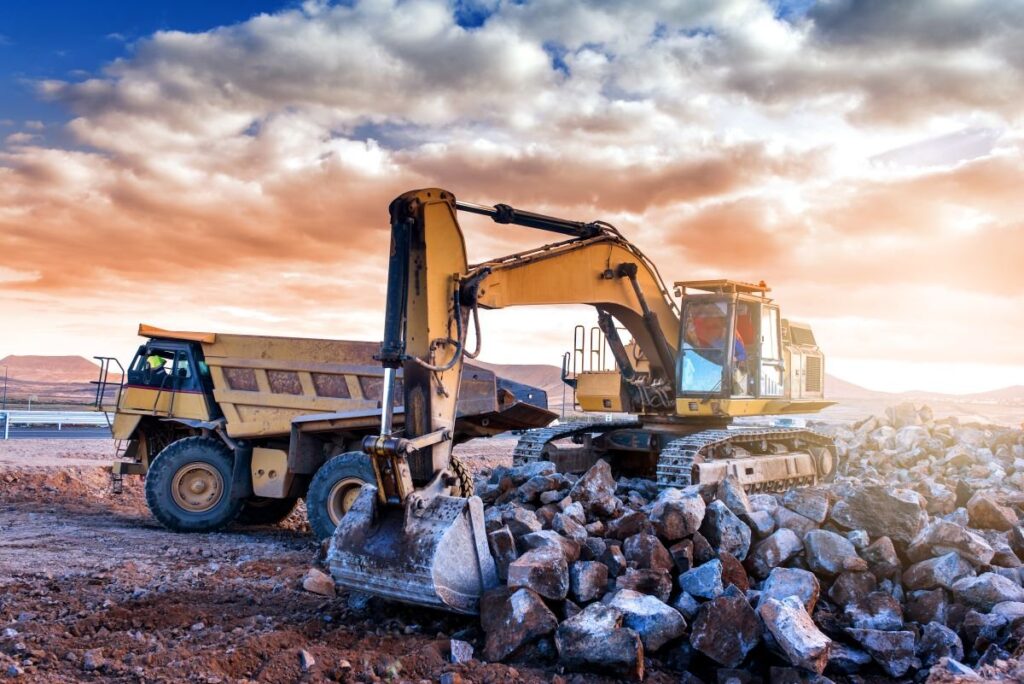Building, renovating, or demolishing a house generates a lot of debris. However, a significant portion of it can be recycled if you know where and how to dispose of it. With the right tools and knowledge, you can easily manage your materials properly.
Wood, packaging, rubble, hazardous materials—find advice from our demolition experts in Greater Montreal to learn how to manage waste on a residential site.
DEMOLITION WASTE MANAGEMENT: CHARACTERISTICS OF A RESIDENTIAL SITE
Each type of site presents unique challenges regarding the management of residual materials. For instance, residential demolition sites generate far more debris than construction sites.
Here are some specific characteristics related to different types of sites:

DEMOLITION WASTE MANAGEMENT: DIFFERENT TYPES OF WASTE ON A RESIDENTIAL SITE
Sites produce a wide variety of waste from demolition, some of which can be hazardous. It’s crucial to have a management plan for this waste to avoid health, safety, or environmental risks. Let’s see the main types of waste produced on a site and how they should be managed.
INERT WASTE MANAGEMENT
Inert waste does not decompose, burn, or cause physical or chemical reactions. These are primarily mineral wastes such as concrete, tiles, bricks, rubble, glass, and ceramics. They are the majority of the residual materials produced on a site, especially if it involves demolishing a stone house.
Inert waste can be managed in various ways:
- By reuse (for example, asphalt from a site that is no longer needed can be reused on another site).
- Through optimized material management practices (avoiding waste, unused surplus, or overqualified materials for the task at hand).
- Through transformation (e.g., after concrete breaking operations, it can be crushed and screened to create gravel or aggregates).
NON-INERT WASTE MANAGEMENT
Non-inert waste is standard site waste that, although modified, does not contain hazardous materials. This category includes packaging, plaster, and cardboard, among others.
Plastic packaging can be reused to produce new packaging or for energy recovery. In the case of deconstruction, items such as doors, windows, moldings, window frames, or plumbing elements can be reused.
HAZARDOUS WASTE MANAGEMENT
When materials pose potential health or environmental risks, they are considered hazardous waste. This includes any solid, liquid, or gaseous substance with properties such as toxicity, corrosiveness, or flammability. In this category, we find oils, asbestos, varnishes, paints, and batteries.
For this type of waste, special recycling and disposal operations must be implemented. The demolition method also varies. Often, expert assistance is required, especially when protection from asbestos is needed during demolition work.
CALL ON THE EXPERTS AT EXCAVATION CHANTHIER FOR DEMOLITION WASTE MANAGEMENT
Good waste management is essential on any site. It is not only necessary for the safety of workers and the protection of the environment, but it also helps ensure smooth project execution and adherence to timelines.
Do you live in Greater Montreal and want to demolish your house?
Contact a residential demolition specialist to take care of everything—including waste management—by contacting Excavation Chanthier.


